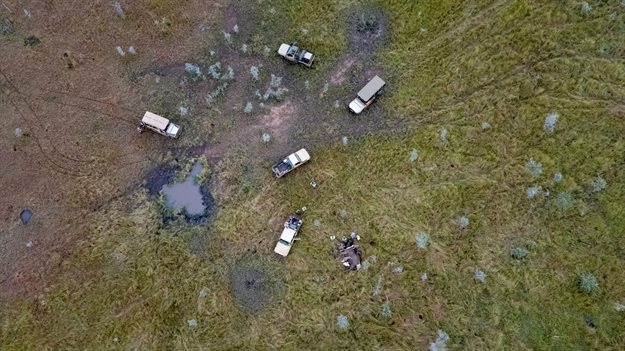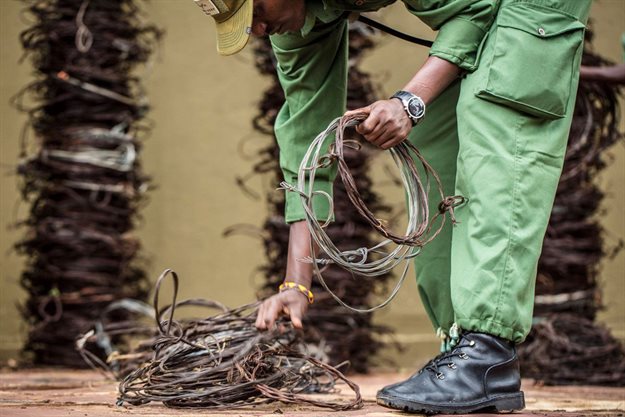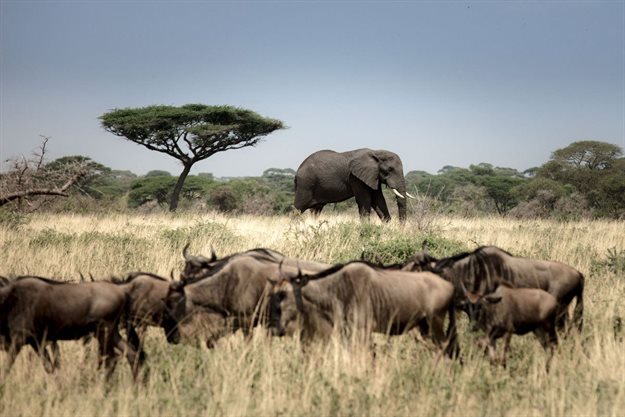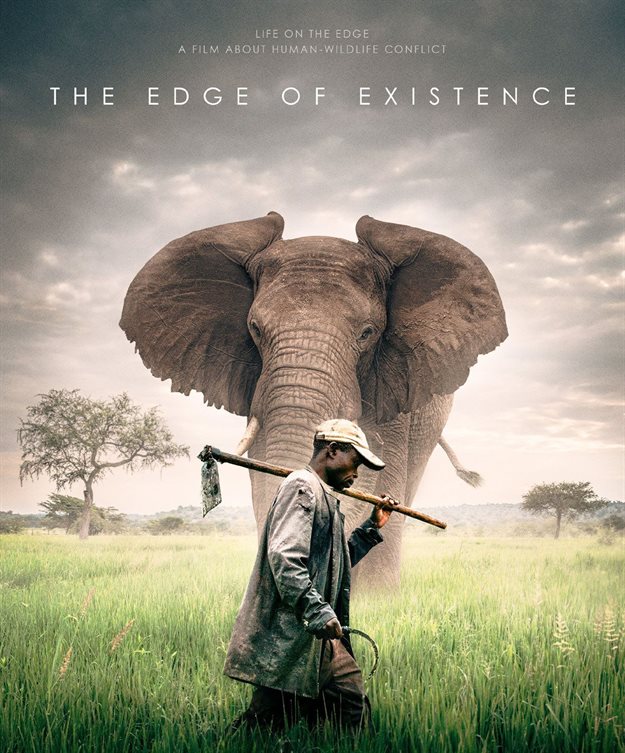Directed by James Suter and Charlie Luckock, of Black Bean Productions, the film delves into the issues, causes and challenges of the threat to wildlife and human life on the African continent, zooming in on Tanzania, and considers the solutions.
'A story that hasn’t really been told'
Suter says that in making The Edge of Existence, they set out to provide a comprehensive, balanced and objective overview to the scale and severity of the human-wildlife conflict. “One of the most interesting things about this project is that it’s a story that hasn’t really been told, and it’s a story that affects populations of people all around the world, as well as wilderness areas and the wildlife that inhabits them.”
The Edge of Existence from Black Bean on Vimeo.
In making the film, Black Bean Productions specifically focused on the western boundary of the Grumeti concession area, but the issues covered are universal across wildlife areas globally. “We’ve taken the western corridor of the Serengeti as a microcosm of what happens around the world. Yes, it happens in different ways and different species are involved, but it’s a massive issue here in Africa facing conservation. With the exponential growth in populations, both people and wildlife stand to be affected,” said Suter.

The Grumeti Fund Research and Monitoring team works to collar an elephant in the Grumeti Concession. Collaring is an effective way to monitor an elephants movement to ensure that they do not enter local villages, which helps keep the elephant safe. It is also an important part of research and monitoring, which helps the Grumeti Fund keep track of population growth and distribution of elephants in the ecosystem.
Personal perspective
The documentary looks at the conflict from a very personal perspective, considering the lives and the stories of both conservationists and community members. “We met so many people who had been so badly affected by human-wildlife conflict. Subsistence farmers, who if they can grow a surplus, they can sell their crops and send their kids to school. In a single sitting, an elephant or herd of elephants can decimate a field of mielies, destroying a family’s food and income for a season.
“What we are really trying to do with the human-wildlife conflict story comes from an objective opinion. Look at both sides. Look at the people living with wildlife, empathise with them. Look at the wildlife that is affected by the people and empathise with them. Look at the conservation organisations that are working to mitigate conflict, but at the same time protect wildlife, which ironically actually has a negative effect on people. Increasing wildlife has a negative effect on the populations living with those animals. We are also looking at what governments do as well. It is very complex and this is why it is such a difficult story to tell,” he added.

A member of the Grumeti Fund Anti-Poaching Unit collects and stores old wire snares. Wire snares are used by poachers to capture and trap animals. Wire snares are extremely dangerous and can be difficult to find in the wild as they are so easy to conceal. Snares do not discriminate and can cause irreversible damage to animals that were not the original target of the poachers.
Mitigating human-wildlife conflict
The Edge of Existence specifically focuses on one mitigation strategy, which is highly controversial in Tanzania. “We focus on whether building a fence is an effective way to mitigate human-wildlife conflict. There are many different perspectives around this mitigation strategy, which The Edge of Existence touches on, and the film explores why it is an effective tool that will ultimately promote the peaceful co-existence of humans and wildlife that inhabit an area, as well as the controversy around building a fence,” said Suter.

An elephant and a confusion of wildebeest in the Serengeti. The Grumeti Concession, located in the Western Corridor of the Serengeti is a stronghold for an incredible variety of species, each playing an important role in maintaining the balance of this ecosystem. The Serengeti is also home to The Great Wildebeest Migration, one of Africa’s most iconic wildlife shows.
The Edge of Existence will be available to view online for a limited time as it heads to The Garden Route International Film Festival (Griff), which will be taking place from 21 September to 11 October; the Freeland Film Festival, which will take place from 11 to 15 September; the Ireland Wildlife Film Festival, which takes place from 10 to 24 September; and the 10th Wildlife Conservation Film Festival (WCFF), which will be virtual and taking place between 1 and 31 October.






































